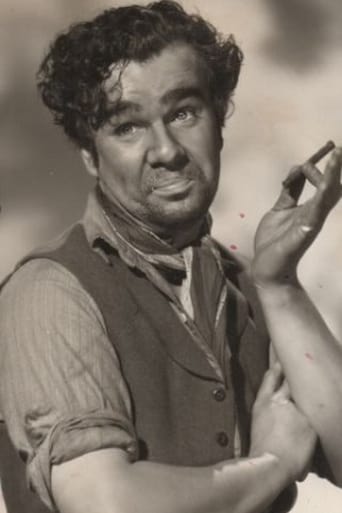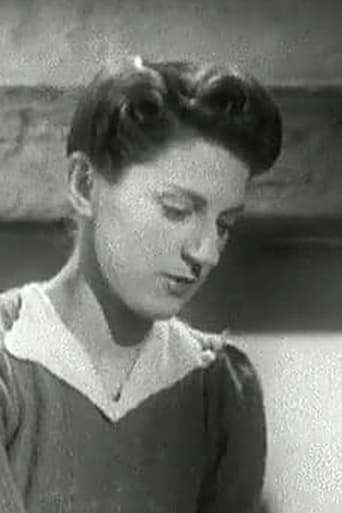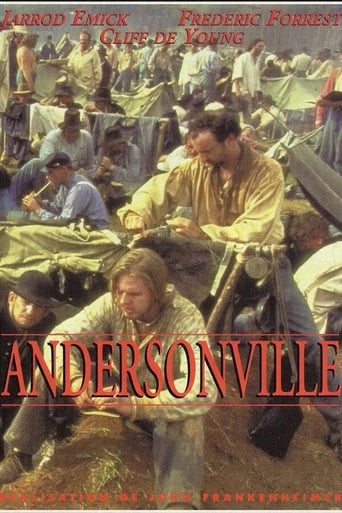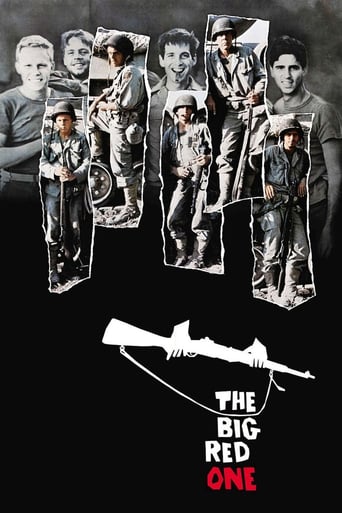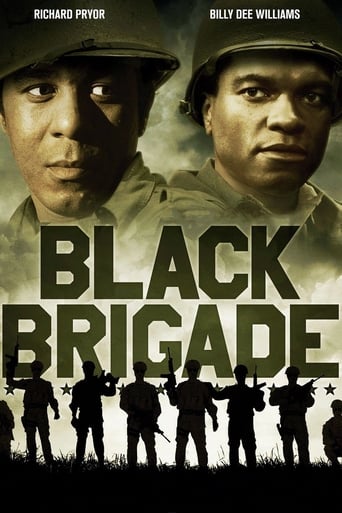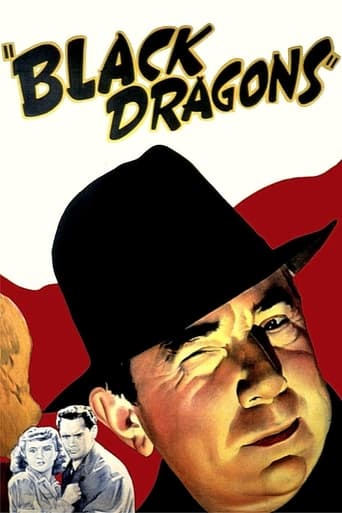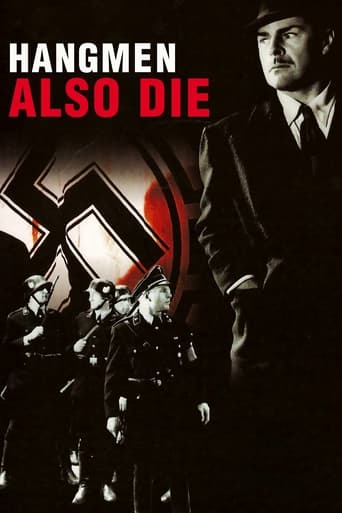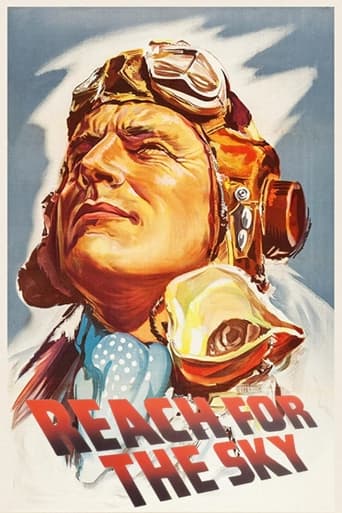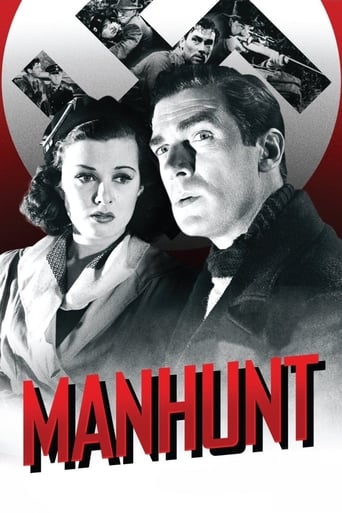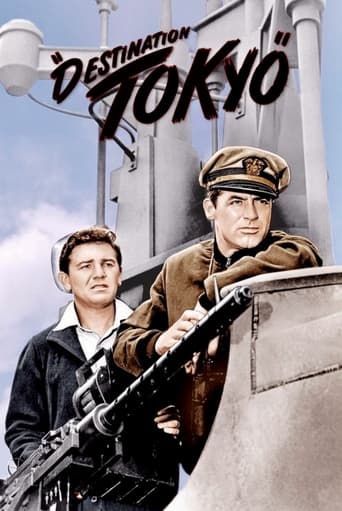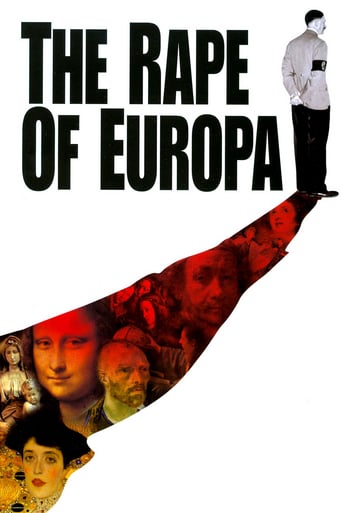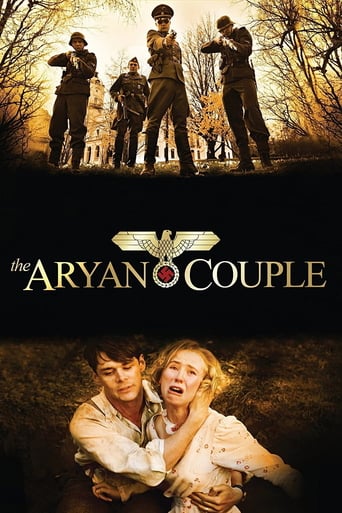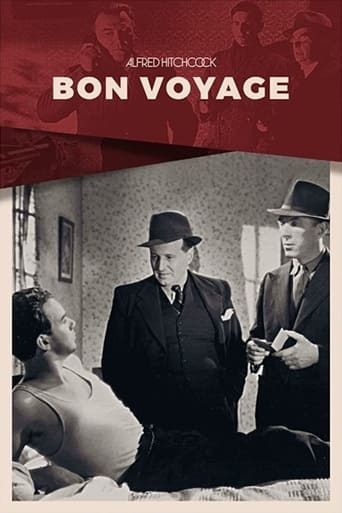
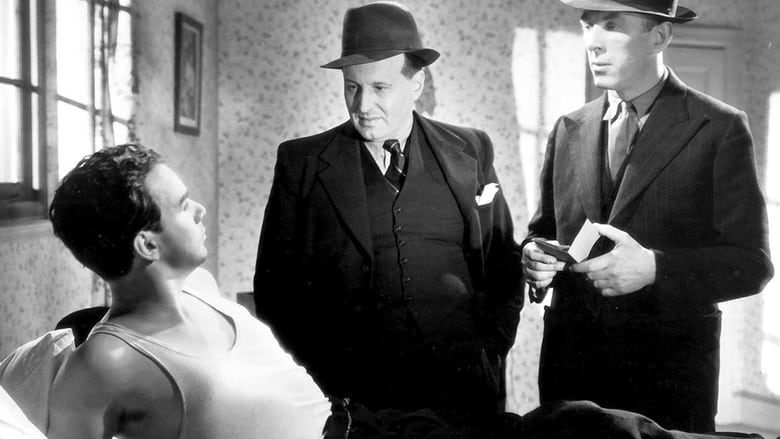
Bon Voyage (1944)
A young, Scottish RAF gunner is debriefed by French officials about his escape from Nazi-occupied territory. They are particularly interested in one person who may or may not have been a German agent.
Watch Trailer
Cast


Similar titles
Reviews
Absolutely brilliant
I am only giving this movie a 1 for the great cast, though I can't imagine what any of them were thinking. This movie was horrible
The plot isn't so bad, but the pace of storytelling is too slow which makes people bored. Certain moments are so obvious and unnecessary for the main plot. I would've fast-forwarded those moments if it was an online streaming. The ending looks like implying a sequel, not sure if this movie will get one
The film never slows down or bores, plunging from one harrowing sequence to the next.
I never knew that Sir Alfred Hitchcock directed a film all in a foreign language, admittedly it a short film, but I wasn't going to miss it for the sake of loving the director's past work. Basically young Scottish RAF gunner John Dougall (John Blythe) is debriefed by French officials about his escape from occupied territory. In particular one person he knows may or may not be a German agent, so it is his job to whittle out the spy. It should be said that this film was made for the British Ministry of Information to educate people about the things going on around the time of World War II. I hate to say it, but this isn't really one of the most exciting films in Hitchcock's list of thrillers, but there are some tiny moments to like. Okay!
This 26-minute Alfred Hitchcock entertainment is, of all things, a 1944 French-language propaganda short film made for the British Ministry of Information. Evidently, Bon Voyage was ultimately not shown because he made more of a crafty thriller, somewhat like a wartime propaganda version of Jean-Pierre Melville's Le Doulos, rather than a clearer, unequivocal exaltation of the Resistance. Out of this context, nevertheless, this does not deter the film. Indeed, ideological avenues discard the notion of the film text as singular in interpretation. That is, it doesn't necessarily make only one kind of sense, minus inconsistencies, omissions, or alternatives in the readings made by different members of the audience. Instead, the film is a kind of battleground for competing and generally adverse views. Naturally, this competition usually results in an upper hand for the culture's more prevalent view, but not without leaving cracks or divisions through which we can see the consensualizing work of systems and principles revealed.Although the film is mostly just a concern to Hitchcock completists, philosophical speculation provides the point of entry to an understanding of the film's precise evolution of being made. These cracks, or disagreements, in the text are not merely the creations of critics. They are generally moments where the audience is conscious of a predilection in the narrative, where a uniting of lovers is figured in that is implausible or where the death of a character might feel causeless or capricious, or where one might have expected the ending to have another feeling of tone. Usually the customary issues of which we might catch sight within a film are determined by the inflexibility of the cultural contentions. An disappointing ending may come from failing to merge the idealized options completely. In this case, the ending feels clipped too soon for the hero, a downed RAF pilot, to have learned anything from his revelations, save the reiteration that Vichy spies are bad and the French Resistance is good but not invincible.As I said, this political piece is not deterred by any unitary interpretation. In fact, despite its purposefully placid and unremarkable first half, it is surprisingly easy to see it as a very clever, if short, WWII caper about the escape of our hero through German-occupied territory. For better or worse, I admire it for its compact use of varying perspectives of the same events, a technique not unlike that used a few years later by Akira Kurosawa's Rashomon, which, as we can see, is the one that had the lion's share of influence on cinema, storytelling, sociology and philosophy.
Shot in 1944 entirely in French (version seen has English subtitles), in style rather like a short section of a budget version of his "Lady Vanishes", it must have been intended for clandestine distribution in occupied and Vichy France. For this reason and the fact that it appears to have a clear practical purpose it presumably is a training film. It is thus not primarily a tribute to the French Resistance, its purpose seems instead to be to warn them of a dangerous new Gestapo method of infiltration. Hitchcock's contribution was to make the message clear and hold the attention.It concerns the return to England of a British air-gunner (played by English actor John Blythe in French) recently escaped from a German prisoner of war camp. He has safely arrived back in London due to the help he received from the French Resistance and is being de-briefed by French exile officers. What should though have been a happy conclusion to a successful escape is soured when the true tragic facts are revealed to him that he has been an innocent pawn in a dastardly Gestapo design for the infiltration of the French resistance network. In this he was made a carrier of something deadly - not disease but something similarly poisonous - that he had been made to unwittingly expose members of the Resistance. One guesses that the main purpose of the film was to warn everyone of this.
A delightful little propaganda film and more than just a curiosity for Hitchcock fans. The plot is about an RAF pilot who was shot down, escapes through France and is debriefed by French officials. He is helped along in his escape by courageous members of the French Underground and a co-escapist. His recounting of the events which allowed his return to England are given a very interesting spin by the French officials.A companion with Hitchcock's other WWII French film 'Aventure Malagache,' 'Bon Voyage' was an attempt to buoy French spirits. I love the fact that the film is SUPPOSED to be a celebration of the daring and heroism of ordinary French civilians who've joined the Underground to fight the Nazis. Buried under the surface there are strong suggestions that being part of the underground will probably get you killed and that you should keep your mouth shut because German agents are everywhere. Heroism and sacrifice rule the day though and it is these two things which Hitchcock was attempting to realistically celebrate.Given a limited showing throughout the Free French regions, 'Bon Voyage' remained a film that Hitchcock was fond of and was a film that Hitchcock considered expanding into a full feature after the war. Although lost in the shuffle and neglected by time, this isn't a bad film. It just remains under-exposed and under-appreciated.


